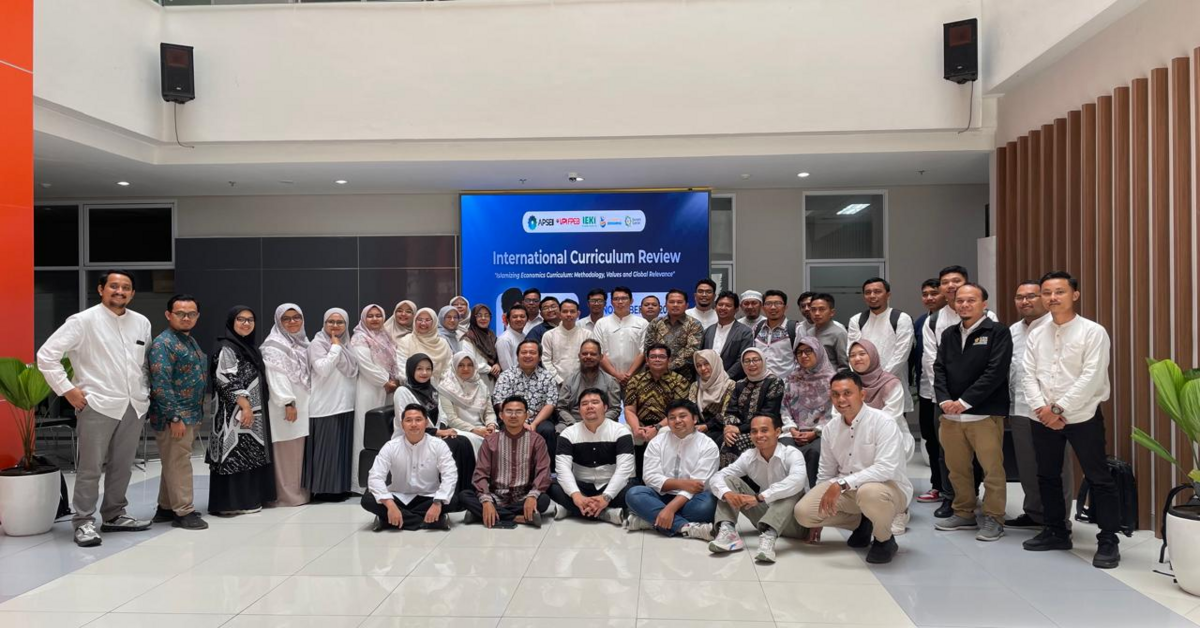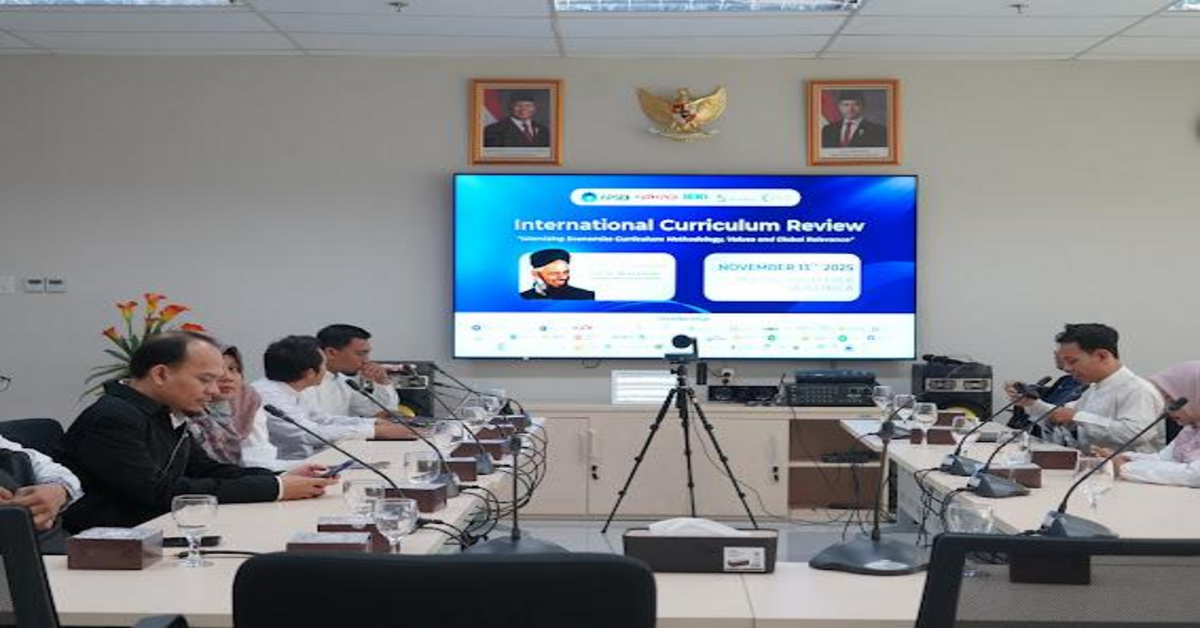Sharia Economics Study Program Attends International Curriculum Review Held by APSEII
Bandung, 13 November 2025 – The Association of Indonesian Islamic Economics Study Programs (APSEII) held a National Islamic Economics Curriculum Review activity on Thursday, 13 November 2025, at the Meeting Room of the Faculty of Economics and Business Education, Indonesian Education University (UPI) Bandung. This strategic event was attended by around 44 representatives of the Islamic Economics Study Program from various universities throughout Indonesia.
This activity aims to develop national curriculum standards that can be a joint reference for all study programs that are members of APSEII, especially related to Graduate Profiles, Graduate Learning Achievements (CPL), as well as ten mandatory courses recommended by the association.
In this activity, APSEII presented two main resource persons, namely:
Prof. Dr. Asad Zaman, Professor of Islamic Economics from Akhuwat College Lahore Islamabad, Pakistan
Prof. Dr. Raditya Sukmana, Professor of Islamic Economics from Airlangga University
Before the discussion process began, APSEII had collected curriculum books from all association members. These documents are then mapped to see existing harmonies and variations, as a basis for preparing joint curriculum standards. In his scientific presentation, Prof. Asad Zaman emphasized the importance of updating the methodological approach to teaching Islamic economics. According to him, it is not enough for lecturers to only teach conventional economic theories as written in textbooks. Lecturers are obliged to criticize the weaknesses of this theory and from the start introduce alternative economic paradigms from an Islamic perspective. In this way, students gain a complete and critical understanding, and are able to assess the relevance of Islamic economics in answering contemporary economic problems.
Ali Rama, Ph.D., Chair of the Sharia Economics Study Program FEB UIN Syarif Hidayatullah Jakarta, said that this curriculum review activity was an important step for APSEII in unifying academic standards in the field of Islamic economics. According to him, standardization is a necessity, especially in aspects of the Graduate Profile, CPL, and the list of mandatory association courses. Nevertheless, he asserts that the equalization of standards does not mean removing the distinctiveness and advantages of individual courses. “This standardization actually becomes a common foundation, while the characteristics of each study program must still be maintained as a value of differentiation,” said Ali.
In line with Ali Rama, Deputy Dean for General Administration Dr. Erika Amelia, M.Si also conveyed the importance of this activity. "It is hoped that this national curriculum review activity will become an important milestone in improving the quality of Islamic economic education in Indonesia. With more focused curriculum standards, Islamic economics study programs throughout Indonesia can strengthen academic competitiveness, increase the relevance of graduates, and strengthen contributions to the development of Islamic economics globally. "Especially the sharia economics study program FEB UIN Jakarta," added Erika. (AR/AC)


